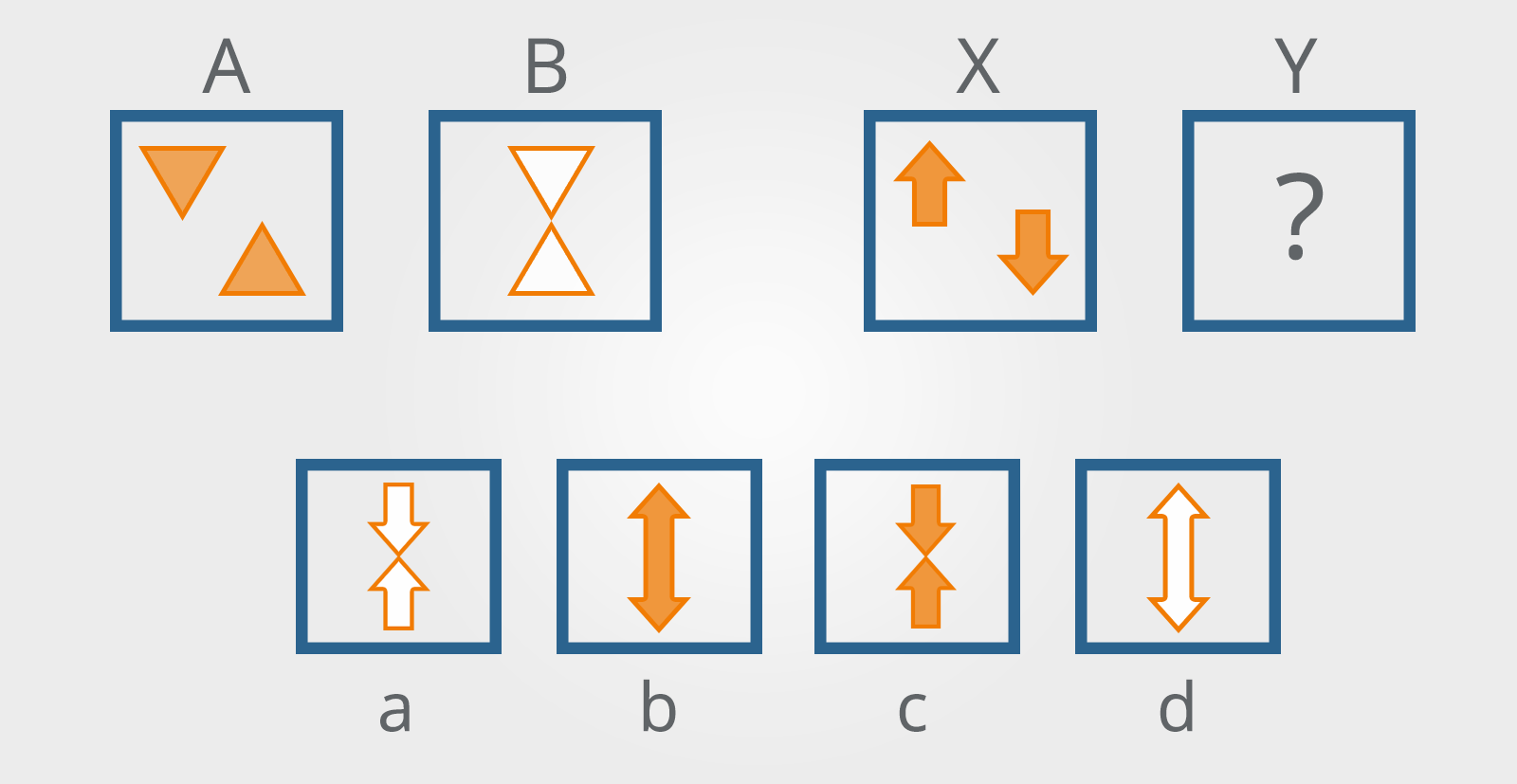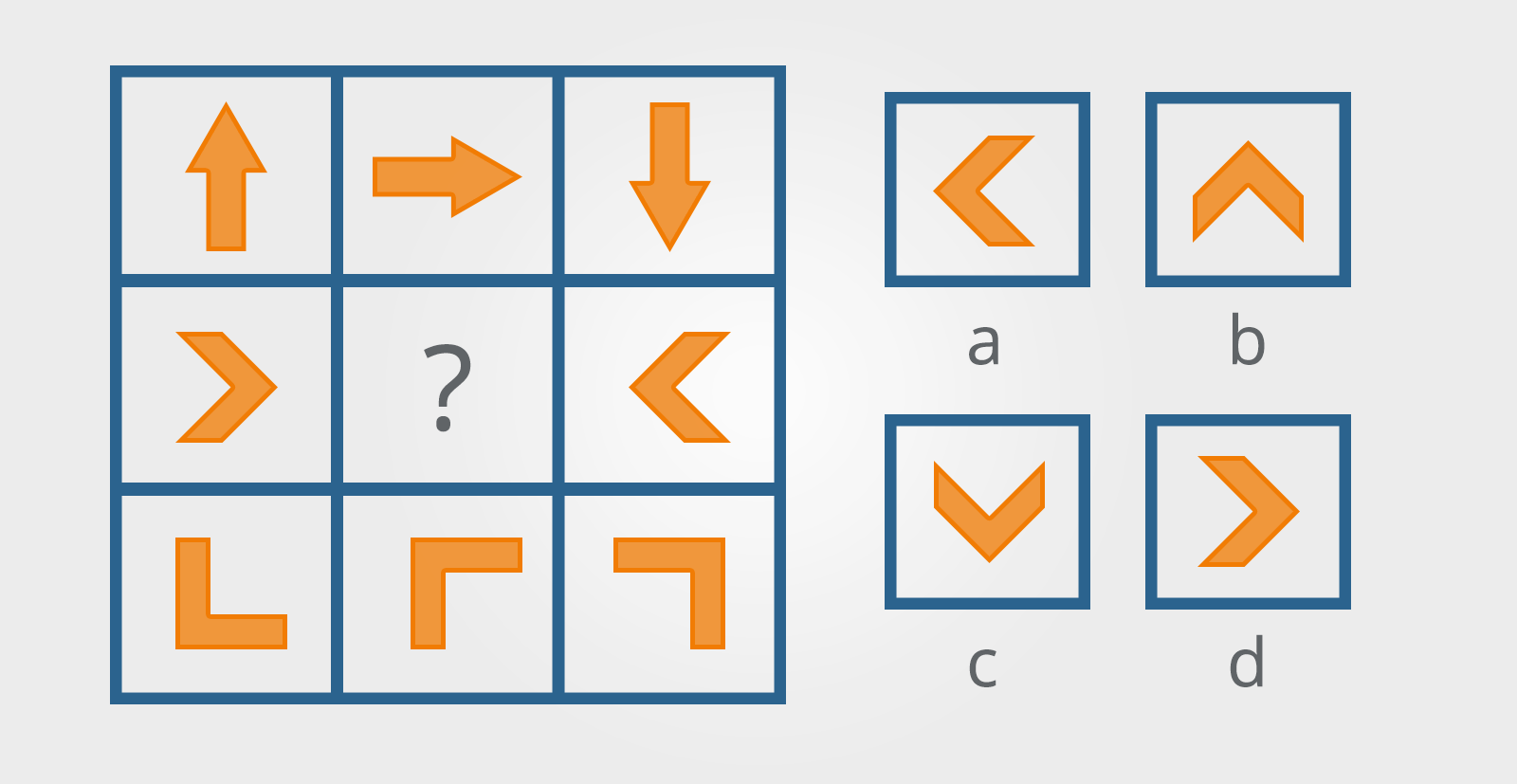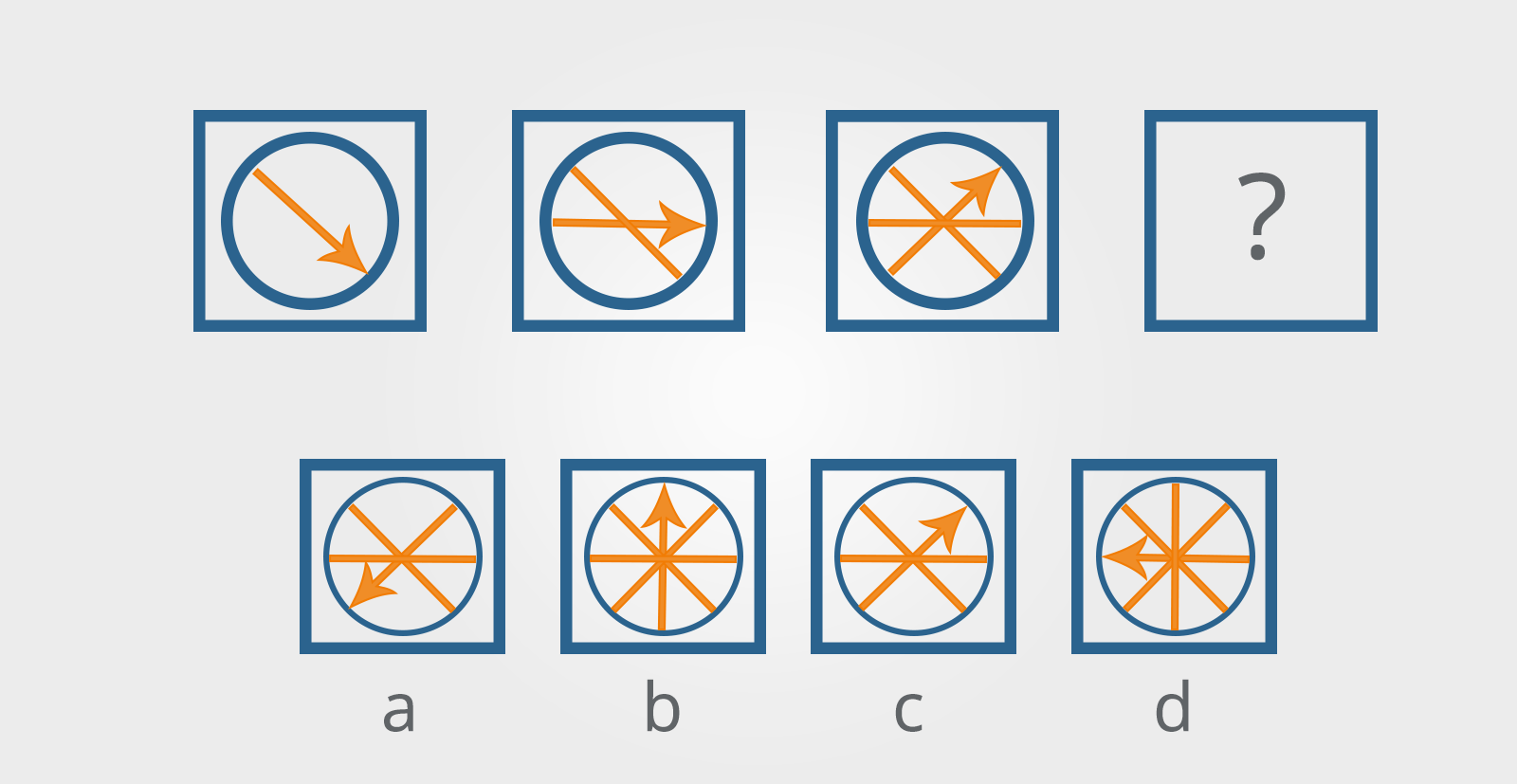Caliper Personality Test 2025 Guide
Updated November 20, 2023
- What Is the Caliper Profile Assessment?
- What Is the Caliper Test Used For?
- What Does the Caliper Test Measure?
- Sample Caliper Test Questions & Answers
empty
empty
- How Is the Caliper Test Scored?
empty
empty
empty
empty
empty
- How to Pass the Caliper Profile Assessment in January 2025
- Frequently Asked Questions
- Final Thoughts
What Is the Caliper Profile Assessment?
The Caliper Profile Assessment is considered to be one of the most challenging personality tests conducted by businesses today.
It uses 60 years of scientific research to measure a person’s personality, behaviors and motivations.
It is primarily used for high-level or senior positions in the following industries:
- Technology
- Medicine
- Aviation
- Finance
- Engineering
Major companies known for using the Caliper Profile Assessment are:
- IBM
- Central Maine Healthcare Corporation
- Dassault Falcon Jet Corporation
- Tricon Energy
The Caliper test is a favorite for recruitment because it factors in a country's values and norms. What are considered key attributes in the US may not be as important in Japan, for example.
Practice Caliper Test with JobTestPrep
What Is the Caliper Test Used For?
The Caliper Profile is used in all areas of employment, from recruitment and development to team-building and promotion.
While it is a money-saving technique for companies – the test helps avoid recruiting the wrong person – it is not the deciding factor in getting the role.
Other factors such as experience, skills and how you come across in an interview also contribute.
For recruitment, the test adds depth to the interview process.
Recruiters can compare your test results with your resume and interview answers to see if everything adds up.
Post recruitment, these tests are used to create a well-balanced team. Those with strong interpersonal skills might be matched with results-driven or task-oriented people.
A productive team needs an equal balance of all attributes. Too much of one thing may lead to conflict.
Beyond team-building, the Caliper Profile may influence career development.
If the test highlights that you have exceptional leadership skills, your employer may create a development plan to facilitate that growth.
What Does the Caliper Test Measure?
The test measures all traits and behaviors that might be beneficial or counterproductive in a specific working environment. The test parameters can be categorized into four groups:
- Interpersonal skills such as helpfulness, empathy, global mindset, collaboration and teamwork
- Persuasiveness and leadership skills, particularly assertiveness, urgency, attitude to risk-taking, delegating, ego, empathy and resilience
- Decision-making and problem-solving ability, including level of creativity, flexibility, attention to detail and abstract problem-solving
- Time management and personal organization traits, such as motivation, self-awareness, accountability and continuous learning
Sample Caliper Test Questions & Answers
There are two sections to the Caliper test:
- Personality
- Cognitive
Personality
The personality section identifies your behaviors and traits by asking three different types of questions. They are quite similar but help determine different elements.
Most to Least
From the following four statements, choose the one that most reflects your beliefs and the one that doesn't:
| Most | Least | |
|---|---|---|
| I am often quiet during team meetings | ||
| I think team meetings are essential to the success of a business | ||
| I use team meetings to express my ideas and opinions | ||
| I really don't enjoy long team meetings |
If you need to prepare for a number of different employment tests and want to outsmart the competition, choose a Premium Membership from JobTestPrep.
You will get access to three PrepPacks of your choice, from a database that covers all the major test providers and employers and tailored profession packs.
| Agree | Disagree | |
|---|---|---|
| I am often quiet during team meetings | ||
| I think team meetings are essential to the success of a business | ||
| I use team meetings to express my ideas and opinions | ||
| I really don't enjoy long team meetings |
If you need to prepare for a number of different employment tests and want to outsmart the competition, choose a Premium Membership from JobTestPrep.
You will get access to three PrepPacks of your choice, from a database that covers all the major test providers and employers and tailored profession packs.
Degree of Agreement
For each statement, determine how much you agree with the statement, 1 being ‘strongly disagree’ and 5 being ‘strongly agree’. Circle the appropriate number:
- I am often quiet during team meetings: 1, 2, 3, 4, 5
- I think team meetings are essential to the success of a business: 1, 2, 3, 4, 5
- I use team meetings to express my ideas and opinions: 1, 2, 3, 4, 5
- I really don't enjoy long team meetings: 1, 2, 3, 4, 5
Cognitive
The cognitive questions are more complex and test how well you identify patterns. There are four question types in the category.
Figural Analogies
From the image, you can see two shapes (A & B) have similarities. Determine that similarity and find the shape (Y) that compliments X.

Study this matrix. Fill in the missing square.

Looking at the following shapes, what rule do they follow, and what is the next shape?

What is the next number in this sequence?
5, 9, 17, 33, 65, ?
How Is the Caliper Test Scored?
This is not a traditional pass-or-fail test. The score generated is an indication of the degree to which you are a fit for a particular job role.
The test score covers five categories:
Traits
Specifically, motivations and natural tendencies. They are scored as a percentile in relation to others in that country. It is normal to score high for some traits and low for others, as you value some characteristics more than others.
Behaviors
This section does not produce a score or percentile. Instead, the behaviors it identifies are linked to your traits.
For example, you indicate a willingness to keep learning. The traits to back this are:
- Abstract reasoning
- Openness
- Self-awareness
- Flexibility
If you pick a trait or behavior because you think it is how you should be, the test will pick up on it because there will be few to no matches in your report.
Competencies
The Caliper tests compiles your behaviors to generate competencies needed in the workplace. They suggest how you might perform in the critical areas of your job role.
Example: Competency is ‘learning responsiveness’
The behaviors that represent this are:
- Learns quickly in new situations
- Demonstrates an eagerness to learn new things
- Analyzes both successes and failures
- Updates skills and knowledge base regularly
Job Models
Extensive research has allowed the creators of the Caliper Profile to create job models. These are a series of competencies that are key to the success of a role.
People who match most of the pre-set competencies are, in theory, more likely to succeed in that position.
Job-Fit Scores
The final job-fit score is generated by combining all the above category results.
It is important to note that the job models are generalized for the roles within that industry. They are not specific to the exact position you applied for.
The scores are:
- 1–39: Unlikely to succeed in the role
- 40–59: Might find some parts of the role challenging
- 60–79: Likely to succeed in the role
- 80–99: Strong fit for the role
A complete personality profile is generated outside of the scoring system, allowing the employer to see your strengths, weaknesses and learning styles.
You will only see your Caliper assessment results if your employer chooses to share them with you.
The exact layout of results they will receive is:
1. Overall job-fit score
2. Competency overview with three sub-sections:
- Critical competencies – Coaching and developing others, driving results, and fact-based management
- Important competencies – Leadership, communication, process management, and personal and professional organization
- Supporting competencies – Delegating, decisiveness, resilience and team-building
4. Key findings – Separated into natural behaviors and behaviors to investigate that will contribute to your success in that role
5. Role-specific summary – Labeled as strengths to lean on and possible challenges
6. Preferred style prediction – Your ideal work environment based on communication, interpersonal dynamics, personal organization, time management, problem-solving and decision-making
7. Final sign-off – Graph showing how you score against all the desirable attributes
How to Pass the Caliper Profile Assessment in January 2025
Step 1. Do Not Try to Cheat
The test is extensive and will ask you to demonstrate traits and behaviors in various ways. If you are not consistent, or you make things up, the system will detect this. You don't want your profile to highlight any negative behaviors.
Finding a job that suits your personality and values will make your role much more manageable because everything the position requires will come naturally to you. For example, don’t apply to work in sales if you don't like talking to people.
These personality tests show if the job suits you, as well as if you suit the job.
Here are some Caliper personality test tips:
Step 2. Take Reputable Practice Tests
Online tests will help you familiarize yourself with the test format and questions, along with caliper assessment answers.
JobTestPrep and Test Terminal offer detailed practice packages depending on your budget and the time you have available.
Step 3. Pay Attention to Your Weaker Areas
Answering questions about your habits and personality aren't tricky, so your focus here should be on how to make strengths out of your weaknesses.
Maybe you failed on a project because of time management – think about what you learned from that experience and turn it into a positive trait.
If the cognitive questions are your biggest challenge, practice them until you can quickly identify patterns.
If you really struggle with these, start with simple sequences that you may have been taught in high school and work up to harder ones as your confidence improves.
Step 4. Get Online Support
Seek advice from those who have already taken the test. Forums such as Quora have lots of information and conversations for you to be part of.
Search your social media platforms for accounts or people that offer advice about personality tests.
Step 5. Understand the Role You Are Applying For
Carefully study the job description, especially what your role involves. If it says that you will manage a small team, then you need to demonstrate skills associated with that, such as time-management, delegating and communication.
Make a list of all your potential roles and responsibilities, then write out all the traits and behaviors associated with them. From there, think of examples where you have demonstrated those skills and the areas you need to improve.
Step 6. Don't Overthink Your Answers
The longer you look at a question, the harder it will be to answer it truthfully. If you over-analyze a question and try to figure out its intention, you might be tempted to give the answer you think they are looking for rather than the truth.
Go with your initial gut feeling.
Step 7. Don't Rush
Take your time to read the question properly.
One of the personality questions asks you to mark one answer you agree with and one you do not. A common error is that participants mark an answer for all four statements.
Step 8. Watch Out for Double Negatives
'It is not unnecessary to tell the truth all the time' is a double negative.
When first reading that sentence, was your initial thought to agree or disagree? When you reread it and broke down what the sentence actually means, did you change your answer?
Step 9. Don't Stress and Remember to Look After Yourself
Before taking the test, make sure you have a good night's sleep, are fully hydrated and have eaten a well-balanced meal.
Regardless of the type of test, being at the peak of your performance is necessary for success.
The Caliper Profile Assessment is a personality test used by multiple large organizations during their hiring process, usually for senior management positions. Questions are designed to assess both cognitive and behavioral aspects of a candidate’s personality.
There are three sections to the assessment: Section one and two are the personality part of the assessment.
Section one: candidates have to answer questions ranking answers as ‘most/ least’:
From the following statements, choose one that describes you most and one least:
- I thrive under pressure
- I enjoy working with numbers and analyzing raw data
- My goal is to be in a powerful position in the workplace
- I always plan projects meticulously and expect them to go to plan
Section two: candidates have to answer questions based on a sliding scale from ‘strongly agree’ to ‘strongly disagree’:
When I have to give a presentation, I am fairly certain that people will find it engaging.
Section three is the cognitive part of the test which has a series of math and shape questions. These measure numerical and abstract reasoning abilities.
Sample questions are available here.
The Caliper Profile is widely thought to be one of the most challenging personality tests out there. This is mainly because it is such an in-depth assessment, with so many questions which you must complete in full. There are 180 multiple choice questions in total.
There is no time limit to complete the test. You can also pause the test and return to questions as and when you want. You must answer all 180 questions to complete the test. Candidates should expect to finish the test in around two hours.
The test is based on over five decades of scientific research and it is constantly being scrutinized and updated against industry norm-groups to make the data the test produces as contemporary and relevant as possible. It is trusted by some big-name companies worldwide.
A typical Caliper profile will cost upwards of $265 with some companies paying significantly more for a more detailed profile.
To perform well on the assessment you need to prepare by taking some practice tests so you know what to expect.
Answer the questions honestly and be consistent and try not to ‘overthink’ your answers.
As this is a personality test, there is no pass or fail. Your score will be an indicator of your suitability for a particular role, so it is important to understand details of the role you are applying for and whether it matches your skills, experience and falls in line with your career path.
The system will flag suspicious activity and inconsistent answers, so trying to cheat the test is a bad idea.
If you are planning on lying on the test, it is unlikely you will be able to keep your answers consistent as there are so many questions. Your innate characteristics and motivations are being assessed here – your answers need to be in line with the kind of person you really are.
‘Cheating’ on any kind of psychometric test that is part of pre-employment or pre-promotion screening, renders the data unreliable. These tests are designed to match the correct candidate to the correct position and being untruthful is unlikely to lead to future career success if you are matched to a role that you are ultimately unsuitable for.
Final Thoughts
Being recruited for any job can be stressful and even more so if it is your dream role.
Before taking the Caliper Profile Assessment, make sure you:
- Know exactly what the role is looking for and how you are a match for it
- Take practice tests so you know what to expect
- Develop your weaker skills
- Remember that the test is only part of the recruitment process and not the deciding factor.





